What do you call a network of neurons connected to electrodes that learn to play Pong? Even the scientists behind the experiment don’t know how to describe their creation. But the ethical questions that arise out of this fusion of neurons and silicon, are plenty. Brian Patrick Green takes a first shot at articulating them and suggests this might be the real future of Artificial Intelligence.
On December 3, 2021 the Australian biological computing startup, Cortical Labs, released a pre-print article stating that it had turned a network of hundreds of thousands of neurons into a computer-like system capable of playing the video game Pong. They named this system DishBrain.
The name itself might cause the stirrings of an uneasy feeling. Something as important as a brain seems inappropriate as part of a “dish,” and a certain culinary overtone might come to mind as well. The naming seems perhaps too playful for the subject at hand.
But that raises, of course, a number of questions: what is the subject at hand? What exactly is DishBrain? And, perhaps more importantly, what is the ethical status of this half-living, half machine entity? Is this the future of machine learning?
DishBrain contains living neurons collected from mouse embryos in one case and from human induced pluripotent stem cells (hiPSC – stem cells created from adult human cells, such as skin, that are then differentiated into another type of adult cell, such as neurons) in the other. These cells were then grown and plated onto multielectrode arrays where they settled, grew further, and became part of an electronic system.
Software examined the neuronal activity during this growth period on the multielectrode array. Inputs and outputs were configured for the system to correspond to states in the game of Pong. The DishBrain system—a living computer—was diligently fed with nutrient solution and cared for, eventually displaying “spontaneous electrophysiological activity.”
The organizing premise for the experiment was Karl Friston’s free energy principle, wherein neurons, through active inference, form models of the world to try to minimize their surprise by their environment. The brain acts to match expected perceptions with sensory reality.
With this theory in mind, the experimental setup trained the DishBrain to play Pong. The results of this test were astonishing:
“Applying a previously untestable theory of active inference via the Free Energy Principle, we found that learning was apparent within five minutes of real-time gameplay, not observed in control conditions… Cultures display the ability to self-organise in a goal directed manner in response to sparse sensory information about the consequences of their actions.”

While the researchers at Cortical Labs found the free energy principle fruitful for their research, and though that is an interesting aspect of this story, that is not what I am going to examine here. Instead, I want to think about what the DishBrain is, and, ethically, how one might respond to it.
The researchers themselves wondered the same thing. In their Medium post, the Cortical Labs authors expressed some of the sentiments they were experiencing, given the strange thing they had produced:
“In fact, we don’t know what we’re making, because nothing like this has ever existed before. An entirely new mode of being. A fusion of silicon and neuron. A native to the digital world lit with the promethean fire of the human mind.”
The website Interesting Engineering, drawing upon reporting from New Scientist, had a slightly different take on it, though, quoting Cortical Labs Chief Scientific Officer Brett Kagan:







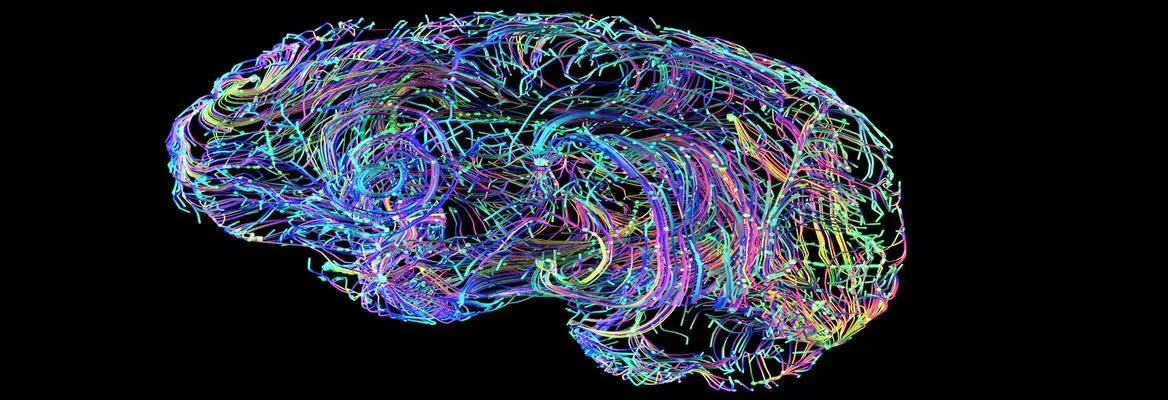


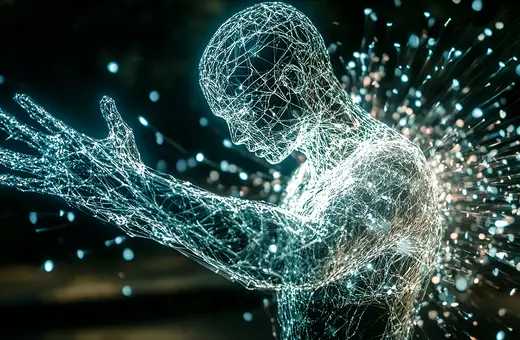

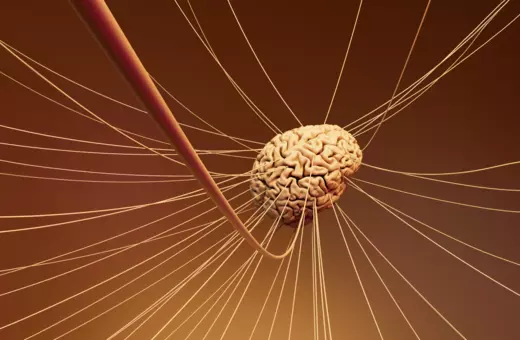

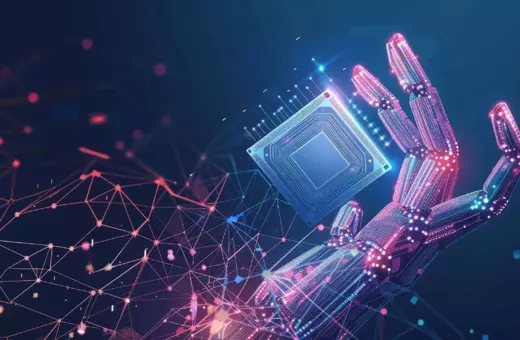
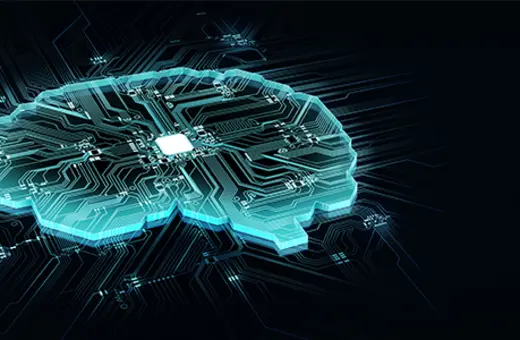




Join the conversation